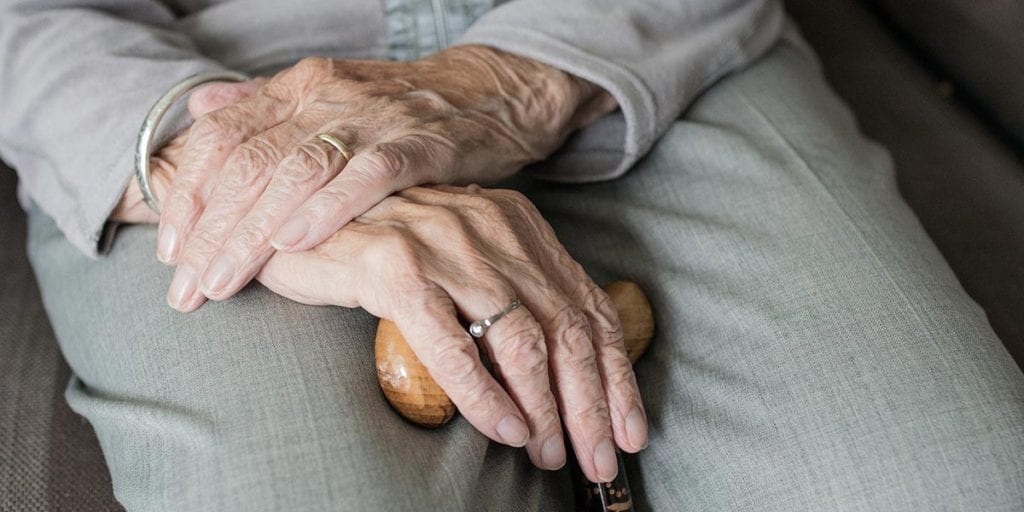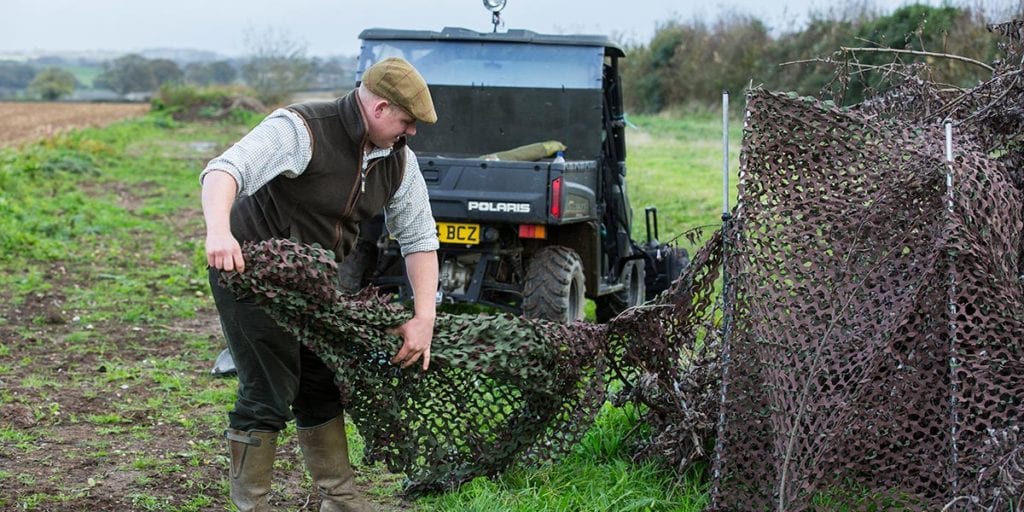Tackling loneliness

Helen Benson
The term loneliness conjures up an image of elderly people living at home in isolation with no family or with family far away. And, in most cases this is true – but not always.
What is loneliness?
Loneliness is not the same as being alone.
Some people are comfortable with being on their own, either at work, at home or in a rural environment.
Loneliness is different. It can be really debilitating, inhibiting the ability to live full and meaningful lives. In some cases, it can cause depression and other mental illnesses.
Who experiences it?

Many elderly people living in communities can feel invisible to those going about their daily lives. Other individuals can feel the effects of loneliness due to an impairment or disability.
However, loneliness can be felt by anyone. From a child being bullied or feeling “different” to a young mum alone at home with young children. Loneliness can be feeling out of step with colleagues in a busy office or being physically alone due to your location.
It may affect farm workers particularly on large arable farms on a tractor day after day or shepherds, foresters, gardeners and of course gamekeepers, stalkers and ghillies.
The affects of loneliness
Who can help?
There are several organisations who have recognised how loneliness can affect people; Silverline, Age UK, Mind, Samaritan and Childline all host plenty of information on the subject.
Knowing there is someone who will listen and a person to call is really important. Rural charities such as The Gamekeepers’ Welfare Trust are aware of the effects of loneliness and offer a range of services through volunteers, support and information.
The Gamekeepers’ Welfare Trust

The Gamekeepers’ Welfare Trust speak daily to people who are lonely and send cards and letters to gamekeepers, their partners, widows, and families.
We text, message and email regularly too. “It is so good to know someone cares” is a common theme we receive, and this communication can be vital in contributing to the wellbeing of individuals and families.
Reaching out during these troubled times is more important than ever. Especially for those who live on their own and are in isolated occupations.
What can I do?
The Gamekeepers’ Welfare Trust will continue to reach out to the lonely in every way we can, but we can all play a part.
Let’s do what we do best in rural communities – lead the way in looking after each other through this period of uncertainty and in the future.
Whether it be helping with someone’s shopping or just picking up the phone, it will go a long way towards tackling loneliness.
If you are struggling to cope or things are overwhelming, please contact Gamekeepers’ Welfare Trust – Jamie’s Helpline on 0300 1233088.

